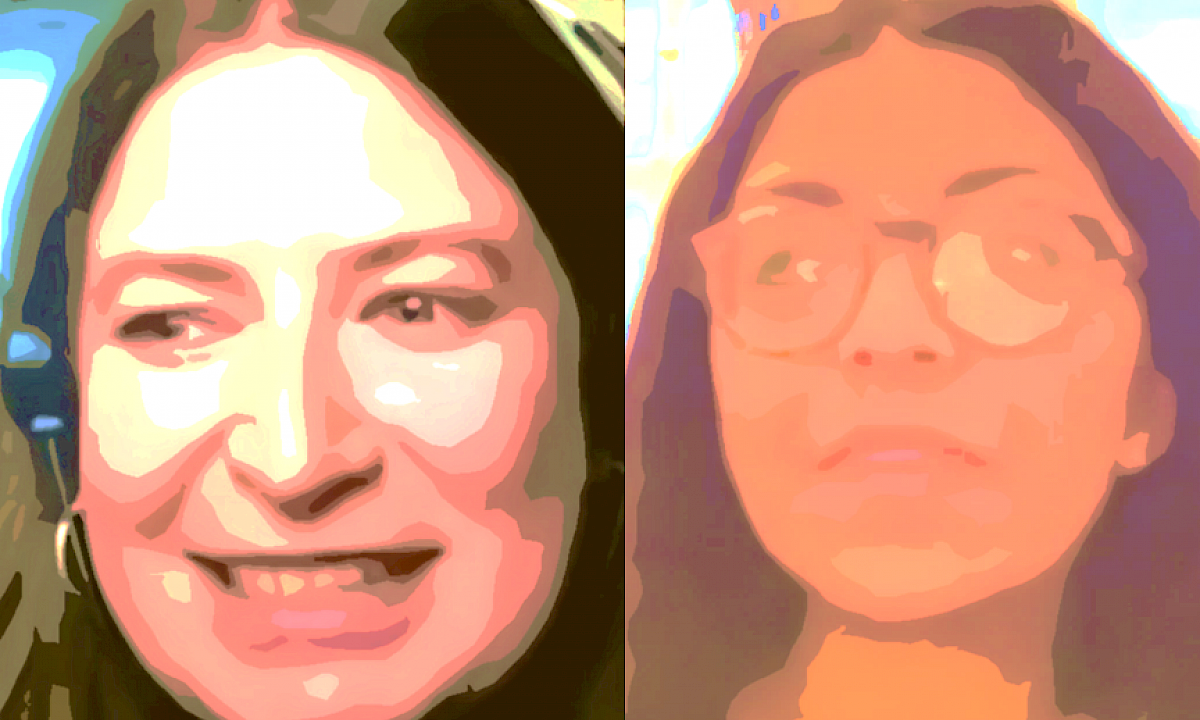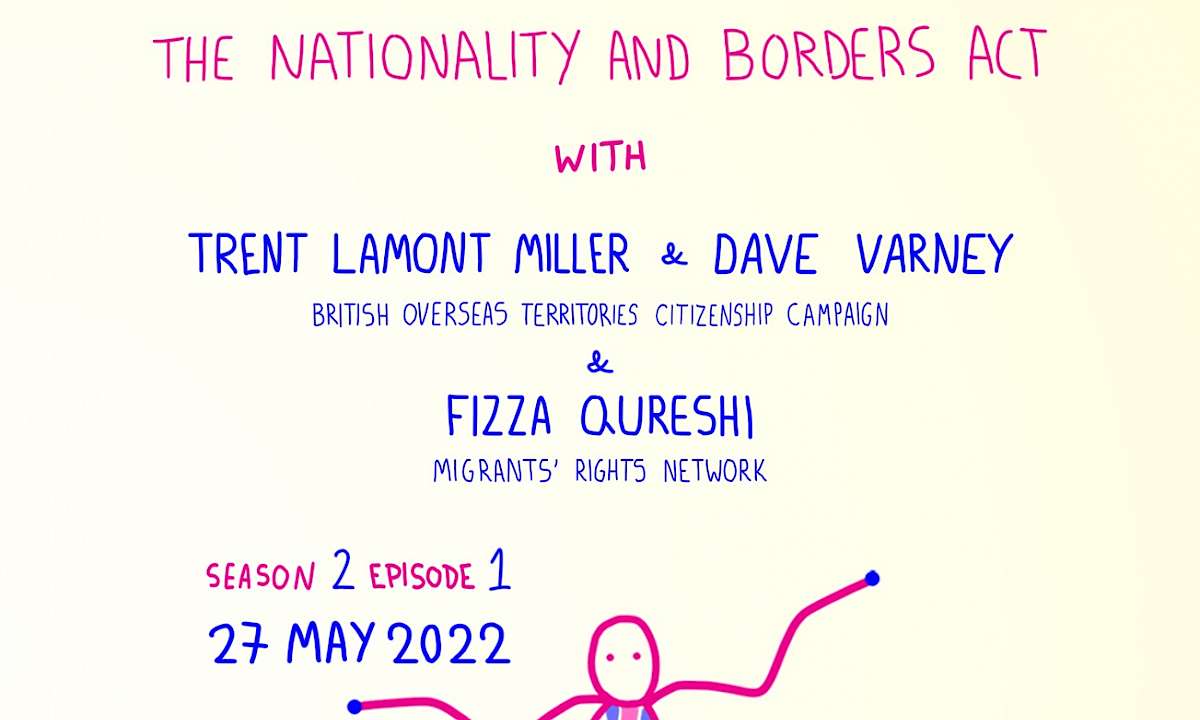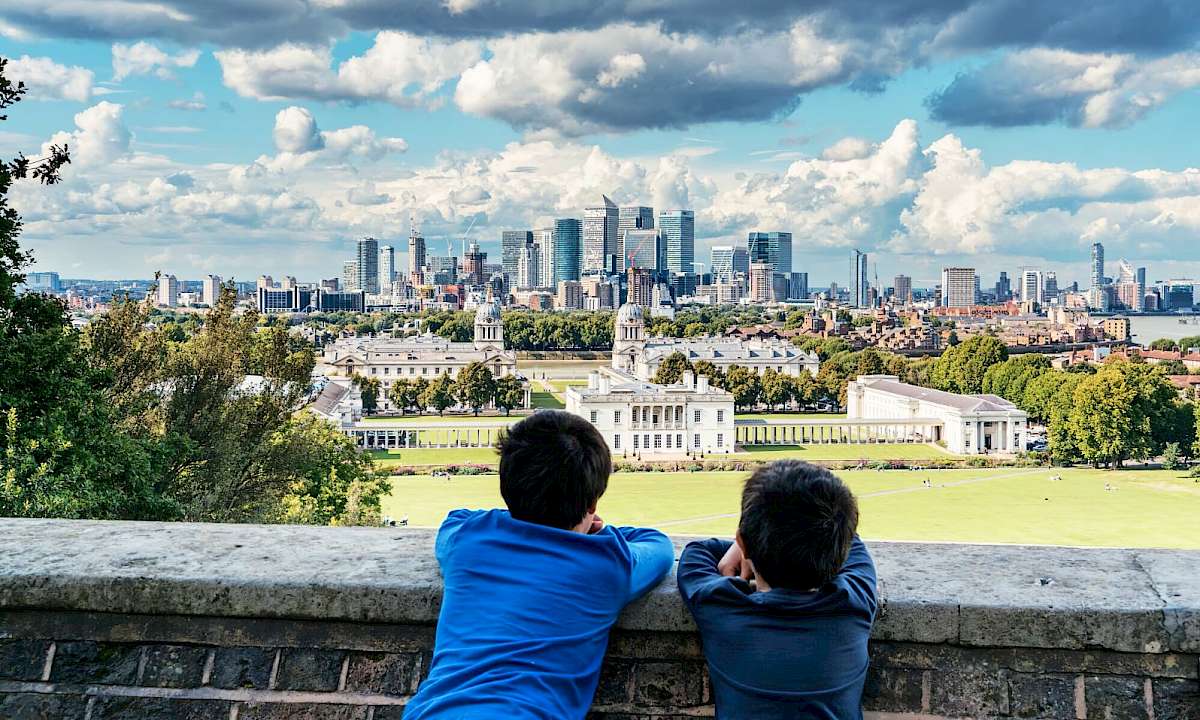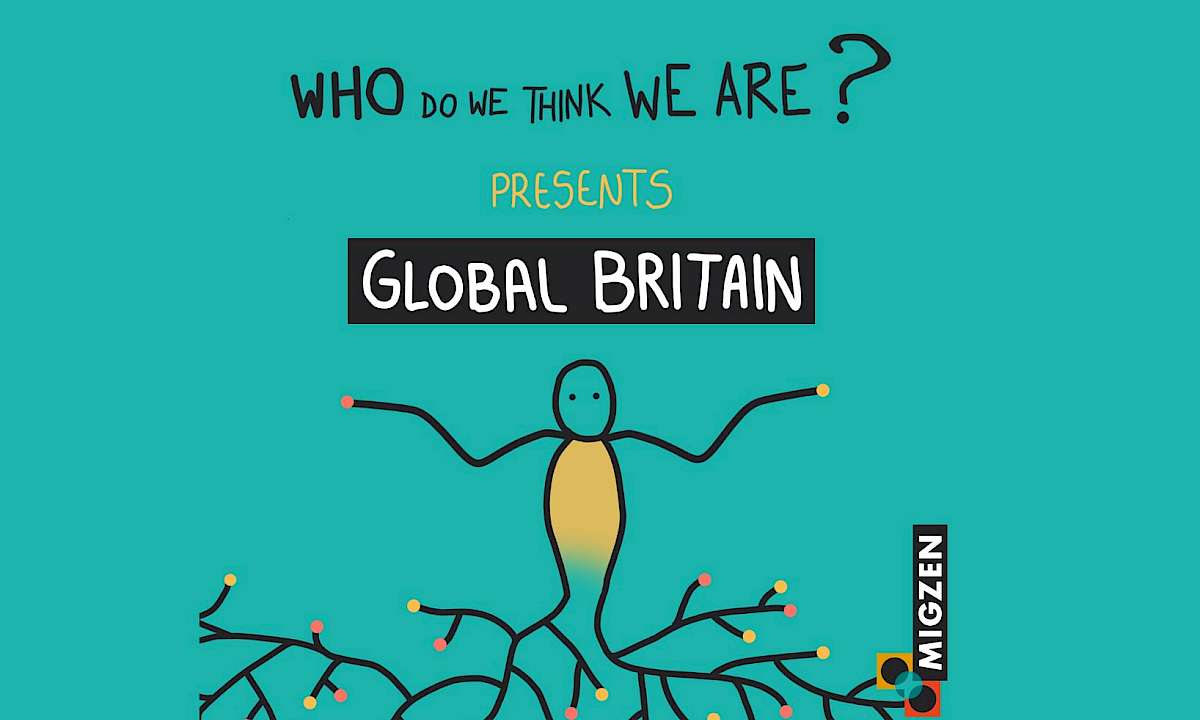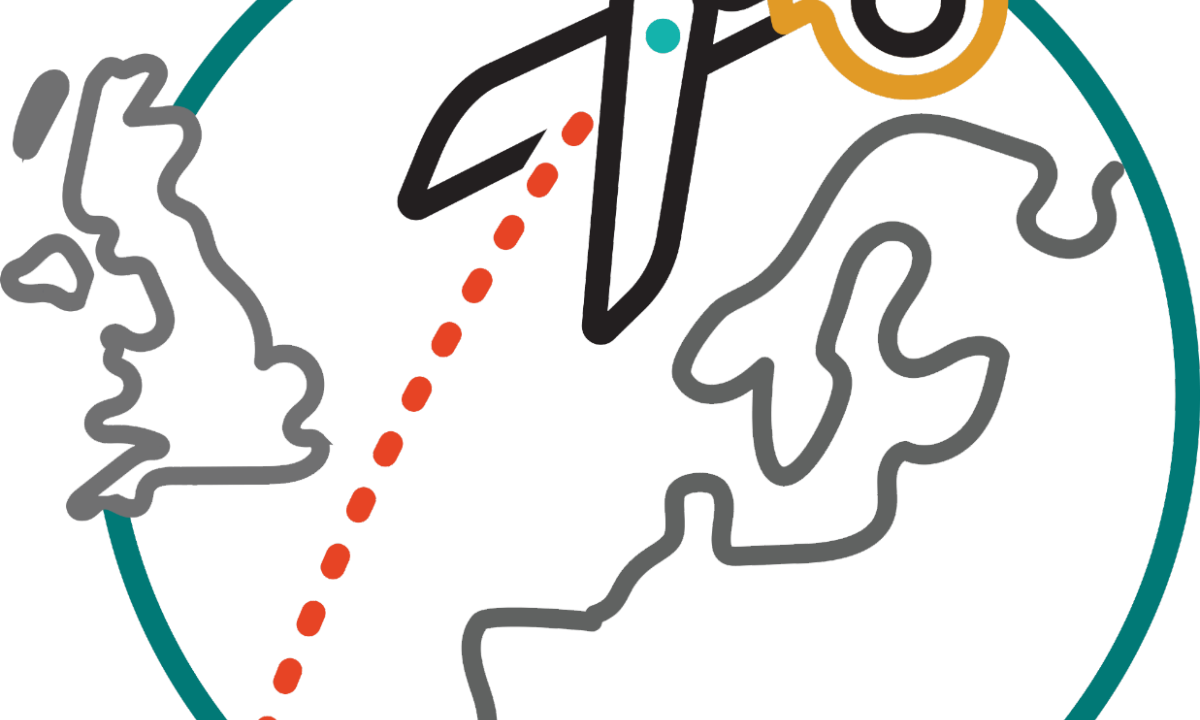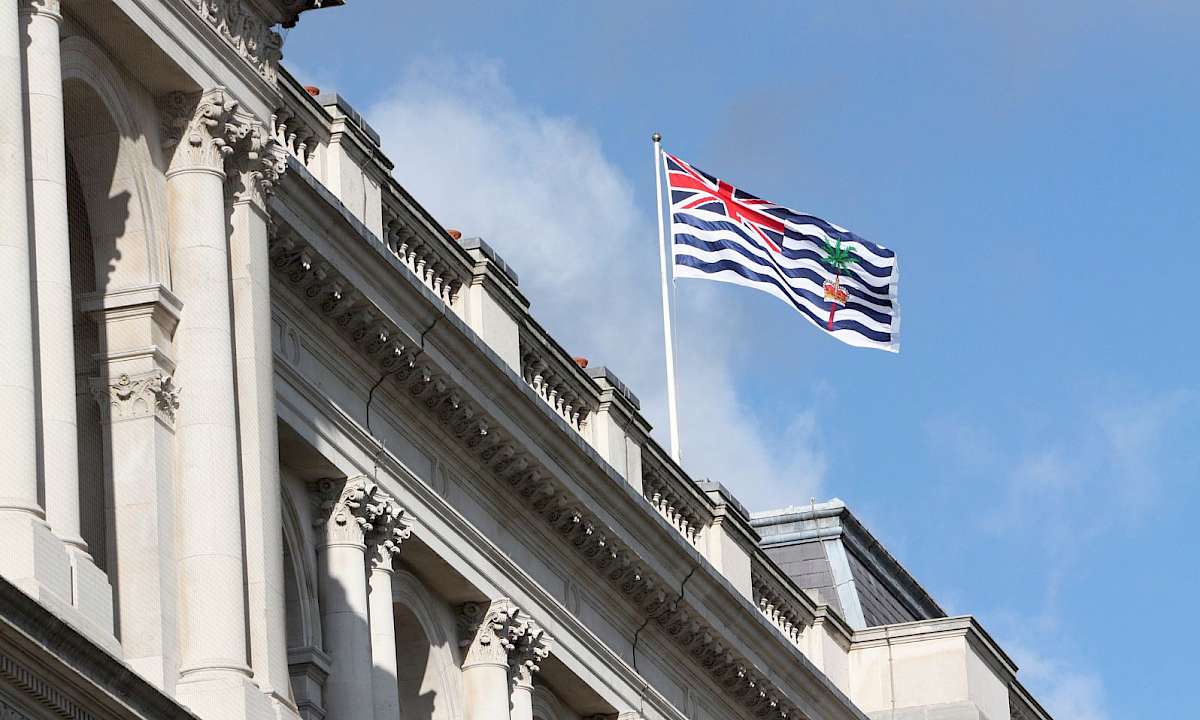
An estimated 119 Tamils are currently in detention on a secretive British military base on Diego Garcia, the largest island of the Chagos Archipelago, situated northeast of Mauritius in the Indian Ocean. Of those, 89 have been there since late September 2021, when the British military intercepted a ship allegedly bound for Canada. Around 30 more have recently been brought in after being ‘rescued’ from a second vessel. Of those detainees, dozens have now launched a hunger strike to protest the protracted and hopeless situation they find themselves in.
The lawyers representing many of the Tamils hoping to seek justice from the UK government have detailed how they have been denied regular access to telecommunications and otherwise cut off from the outside world. Family members of those detained have reported that their loved ones are kept in substandard accommodation, with inadequate food provisions. They argue that Britain is keeping them in limbo, neither allowing them to claim asylum nor providing information on what will happen next. Ultimately, the judicial vacuum in which Chagos sits in relation to international law on refugee protection means that Britain can evade scrutiny for its treatment of these Tamils. All this chimes with recent experiences of refugees seeking protection within the UK’s borders. This suggests that the incident is not an aberration or oversight, and warrants analysis in light of similar incidents and broader British migration governance.
What do the Chagos Islands have to do with it?
Why is Britain detaining Tamil refugees on a small island in the Indian Ocean? The Chagos Islands are considered British Indian Ocean Territory (BIOT), meaning that, Britain maintains sovereignty over them to this day. The Archipelago was partitioned from Mauritius in 1965 so that a strategic British and US military presence could be maintained. Britain handed over the territory to the US on the condition that it was ‘uninhabited’, which, of course, it was not. Rather, Chagos Islanders were forcibly removed from the island, with many families torn apart. Since then, Britain returning sovereignty to Mauritius has not been seriously on the cards. Recently, however, Chagossians have launched a lawsuit against the UK government, and there have been campaigns for independence. In 2019, the International Court of Justice delivered an Advisory Opinion that stated that the UK should “bring to an end its administration of the Chagos Archipelago as rapidly as possible”. This is a problem for Britain, which is not keen to give the Chagos Islands up so easily, as they remain politically important today.
Many have highlighted Britain’s strategic interest in continuing to allow the US army use of the military base. Meanwhile, British interception and detention of Tamil refugees bound for Canada shows that London is keen to signal its commitment to strengthening cross-Atlantic cooperation overall. Indeed, through its “Global Britain” strategy, Britain has emphasised its eagerness to ‘reinvest in relationships’ inside the Anglosphere, such as with CANZUK, a proposed alliance comprising Canada, Australia, New Zealand, and the UK, through requests for accession to the Comprehensive and Progressive Agreement for Trans-Pacific Partnership (CPTPP), and in trade negotiations with Canada and Australia.
The Chagos Islands are, thus, also central to Global Britain’s migration diplomacy. But there is more to the role of the Chagos Islands in the struggle for Global Britain. Recent developments in British migration and citizenship law demonstrate that the Archipelago is also key to the British nation-building project. On 28 April, Chagos Islanders celebrated the enactment of the otherwise highly controversial Nationality and Borders Bill (NABB), which extends British citizenship rights to the descendants of those born in the Chagos Islands beyond the first generation born off-Island. For Chagossians, the British government’s efforts to ‘embrace’ overseas nationals were seen as a success, remedying previously unequal access to British citizenship for Chagos Islanders.
The history of Chagos’ relationship to Britain and Britishness is complex. Initially, citizens of the British Empire, in 1981 Chagossians became dependent territories citizens, no longer with the right to live in the UK. The 2002 British Overseas Territories Act, which opened up citizenship to British overseas territories citizens — including those who defined themselves as BIOT citizens — somewhat reversed the exclusionary and racist policy, allowing them once again the right to settlement in the UK. While initially considered a success, it became clear that only a few were eligible for this status, crucially excluding ancestors of Chagossians or those who had been forcibly displaced from the territories. The Chagos amendment to the NABB has now apparently remedied this and was one of the few items embedded in the Bill that was welcomed by affected communities. But the story behind it also shows that ‘belonging’ in and to Britain remains fraught. Together, stories about Chagossians and Tamil refugees on the Chagos Islands start to paint a picture of what Global Britain is really about, pointing to the politics of in/exclusion inherent in it.
(Re)Drawing the outlines of Global Britain
Since Brexit, Britain has been uncoupling itself from the EU’s migration governance regime. This story is largely told as one of increasing closure and expansion of the UK’s domestic ‘hostile environment’ policy. It has entailed the end of Freedom of Movement for British citizens and the introduction of the EU Settlement Scheme, the reduction of legal pathways for refugees seeking protection in the UK, as well as the abhorrent treatment of refugees already within the UK’s borders (exemplified by the Rwanda deportation flights), or detained elsewhere, as illustrated through the case of Tamils on BIOT. However, as the case of Chagossian citizens shows, post-Brexit Britain has also ‘embraced’ select overseas and migrant populations. The introduction of special visa programmes devised for people arriving from Hong Kong and Ukraine have bolstered Home Secretary Priti Patel’s claims that Britain is a welcoming country: for those who deserve it.
The narrative of deservingness barely disguises the racism and differential treatment that lies behind this. Here, the Elections Bill, enacted in early May, is a further case in point. While extending voting rights to British citizens overseas, its introduction of voter ID laws would ensure that ‘undesirable’ populations within Britain’s borders are kept from voting. Crucially, Brexit is not the first time that the borders of Britain have been redrawn to strategically include or exclude certain populations. The British Empire was, after all, the architect of the ‘divide and rule’ governing strategy. Sowing divisions (by embracing some populations, while excluding others) has long been at the heart of its governance and has shaped its post-colonial state and nation-building. And Tamils have long experienced the sharp end of this tactic.
Seeking protection, finding suspicion — a history of British governance of Tamils
While the British Home Office is keen to publicise its generous treatment of this group of Tamil refugees currently detained, we would be remiss not to mention the historic and contemporary role that Britain has played in creating the need for Tamils to flee Sri Lanka and seek asylum in the first place. The often cited, but less well attributed, phrase “we are here because you were there” was first written by Tamil scholar and activist Sivanandan, and rings true in two ways. Britain’s rule over its South Asian colonies produced huge global migrations. In the case of Tamils from Sri Lanka, many were trained as colonial clerks and among the first groups to migrate to the metropolis in search of work and study opportunities in the early 20th century.
However, things changed for Tamils in Britain from the early 1980s onwards as a result of increasingly restrictive immigration and citizenship policies in the UK, but also due to the onset of civil war in Sri Lanka which would last almost 30 years and result in what is today a one-million-strong global Tamil diaspora. Importantly, British governance strategies played a crucial role in fostering the ethnoreligious strife at the root of the conflict. In ‘handing over’ the entire island of Sri Lanka to the Singhalese Buddhist majority government, the foundations for Tamil secessionist militancy were laid. In turn, the Tamil diaspora would become a key ‘suspect community’, subject to securitisation until this day, while continuing to experience repression at home. That the British are now detaining Tamils on Chagos seems a particularly cruel, but not surprising, turn of events.
A familiar story, rarely told
The historic and contemporary role played by Britain in forcing global populations to move from where they live is often (conveniently) forgotten. As a consequence, stories about Tamil refugees stuck in legal and existential limbo sound like an aberration (at best) or a damning indictment against British refugee policy in need of redress (at worst). In reality, they are neither. They are part of a familiar story, one rooted in longer histories of empire. The Chagos Islands have become the latest theatre in this long struggle for Global Britain. A closer look at the islands’ history and people reveals how seemingly contradictory forms of migration and citizenship governance can exist side by side, pursuing the same aim. For Britain, maintaining control over Indian Ocean Territory remains fundamental to its foreign, trade and migration policy interests — but also to its allies. Furthermore, it is also a way of keeping open the option of renegotiating who gets to be British. Appeasing Chagos Islanders through the NABB is one way of ensuring a western military presence in the area, which, in turn, facilitates the inhumane treatment of refugee populations.
This piece was originally published on 9DashLine, and has been republished with permission of the editors.
Image copyright Foreign, Commonwealth & Development Office via Flickr


